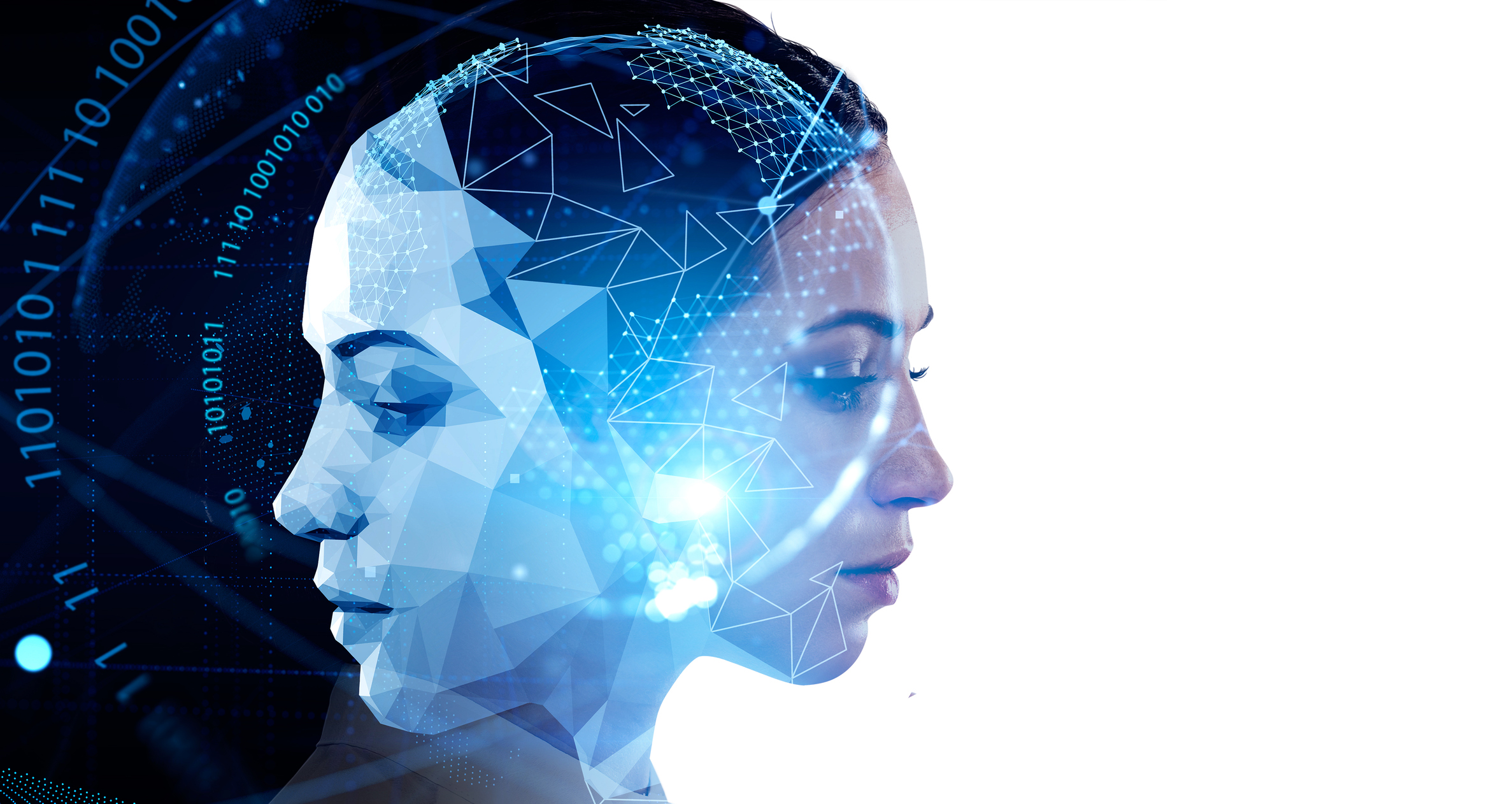Facial recognition systems are flawed and biased. Police departments are using them anyway.
Jan 16, 2025

Hello and welcome to Eye on AI. In today’s edition…Police are running wild with flawed facial recognition systems and no one is stopping them; Biden signs another AI executive order; Lawsuit documents show how Meta planned to train models on copyrighted material—and cover it up; and OpenAI trades newsroom funding for content.
In last Thursday’s newsletter, I posed the question: If AI tools are misused, when should we blame the companies building them? Today’s story deals with a situation where we have no one to blame but ourselves. Or more specifically, our institutions.
An investigation published this week in the Washington Post details how police across the U.S. are using flawed AI facial recognition systems to wrongfully arrest and jail Americans. According to the report, 15 police departments across 12 states ignored municipal standards and arrested suspects identified through facial recognition without other evidence. In most cases, they also failed to gather basic information like alibis and ignored contradictory evidence, even DNA and fingerprints that pointed to other suspects. The report features the stories of eight people who have been wrongfully arrested based solely on facial recognition, but notes that the total number of people affected is impossible to know.
This is a case where yes, the technology fails. We know it does. And that’s why the even bigger failure is by police who rely on it anyway and the lawmakers and government agencies that let them.
The flaws of facial recognition—and lazy policing
A consistent stream of studies have shown that facial recognition systems have higher error rates for Black and dark-skinned people compared to white people. One of the most comprehensive—a 2019 NIST study that evaluated 189 facial recognition algorithms from 99 developers—found that Black and Asian people were up to 100 times more likely to be misidentified by the technology than white men. AI technology has improved over the years, but that’s a significant bias, and there’s no evidence that it’s been adequately improved.
Click here to explore this article's original source for more.
